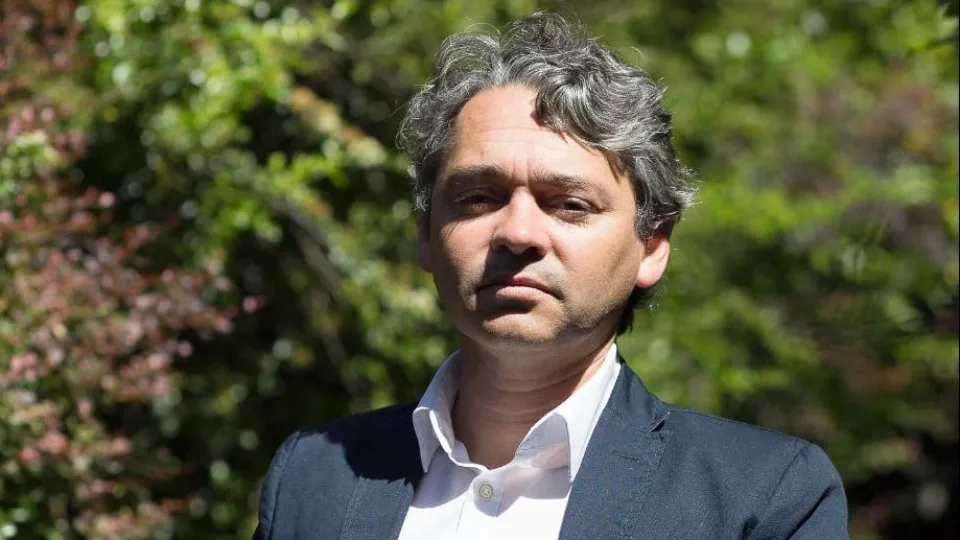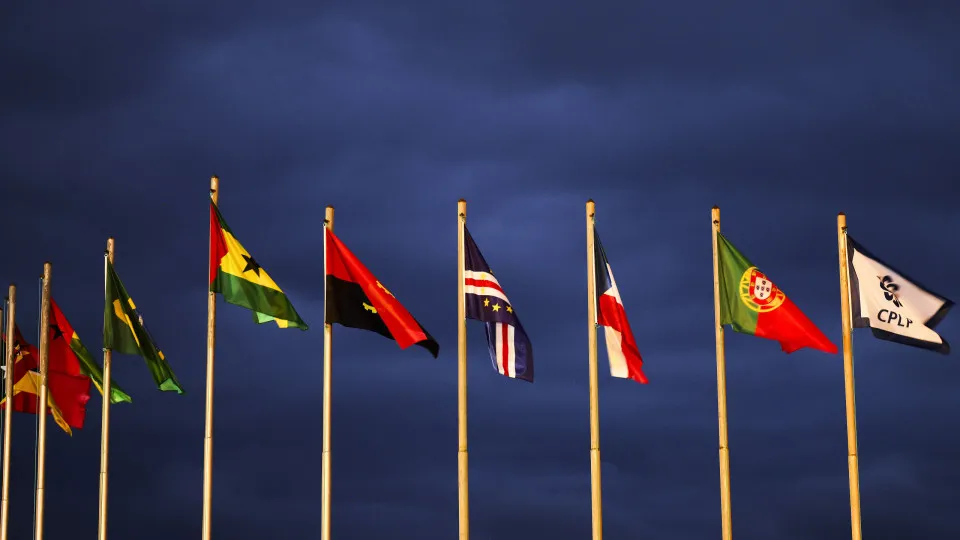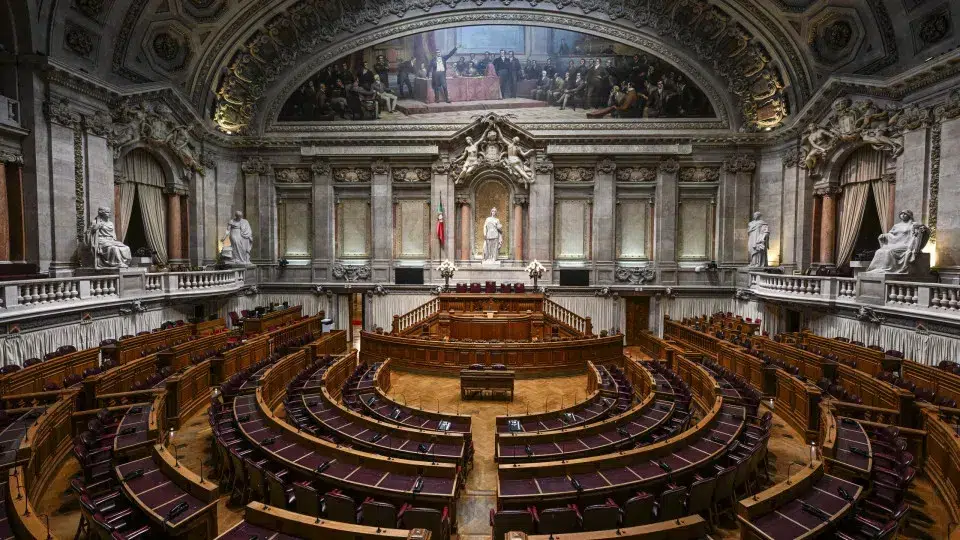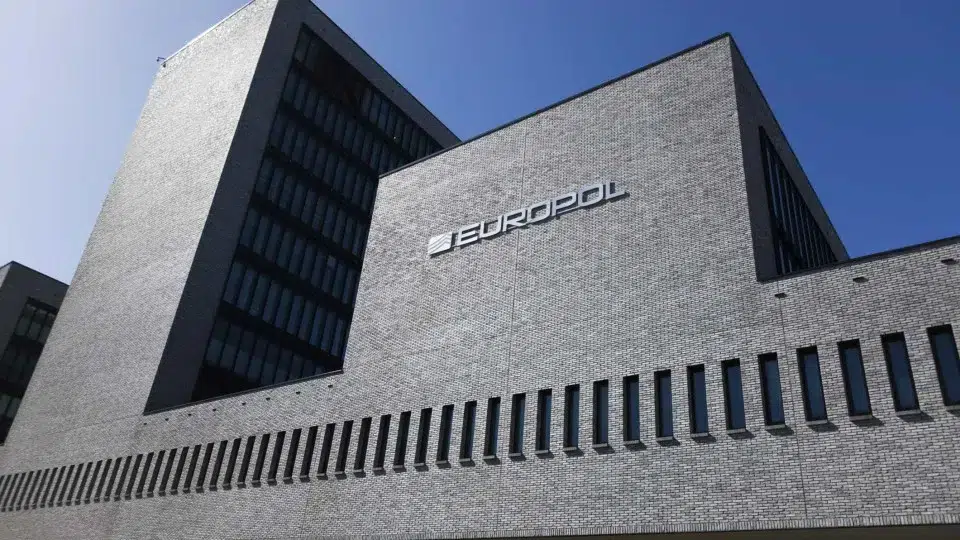
“Madeirans only want to pay 59 and 79 euros [students and residents] for airline tickets,” stated JPP parliamentary group leader Élvio Sousa, describing the mobility subsidy introduced in 2015 as flawed due to its 400-euro cap with subsequent reimbursement.
The lawmaker, also a Juntos Pelo Povo (JPP) leader, spoke during a plenary debate requested by the party on air and sea mobility, featuring Tourism, Environment, and Culture Secretary Eduardo Jesus, and Economy Secretary José Manuel Rodrigues, overseeing these sectors.
“The 400-euro cap has caused ticket prices to soar,” he argued, stating that the current subsidy model of full upfront payment with later reimbursement has made Madeirans guarantors for the State, benefiting airlines significantly.
Sousa suggested the introduction of an electronic platform, currently under development, will simplify the reimbursement process; however, the rule of full ticket payment, often exceeding the maximum cap, remains.
Regarding maritime mobility, Sousa criticized the Republic’s Government for turning the promise of an international tender for the Madeira-mainland ferry operation, outlined in the 2025 State Budget, into an economic-financial study.
“As if that were not enough, [Infrastructure and Housing Minister] Pinto Luz speaks of a deficit-bound route, based on the last operator’s performance,” he warned, indicating the route might not materialize.
The deputy emphasized that JPP, Madeira’s largest opposition party with 11 parliamentary representatives, will continue to “consistently advocate and fight” for the subsidy payment on face value and the implementation of a ferry line, highlighting that these were election promises from PSD, PS, and CDS-PP in successive Republic and regional governments.
“Until these issues are resolved, air and sea mobility remain unsettled,” he stated.
Meanwhile, the Tourism, Environment, and Culture Secretary remarked that Madeira is more connected than ever, citing unprecedented growth from 2015 to 2024, with 54 airlines operating, 34,547 movements, over 5 million passengers, and 139 direct routes to 114 airports in 32 countries.
He also noted that the region was named Europe’s Best Cruise Destination in 2022 and 2023, and in 2024, Funchal’s port reached 725,781 cruise passengers with 307 stopovers, a 25.5% increase from 2015.
Regarding traffic between Madeira and Porto Santo, 405,423 embarked and disembarked passengers were recorded in 2024, marking a 51.5% jump from 2015.
Eduardo Jesus further explained that the mobility subsidy reference amounts decreased from 86 to 79 euros (residents) and from 65 to 59 euros (students). It now includes all post-graduate, master’s, and Ph.D. students, regardless of age, and all residents for over six months, irrespective of nationality.
He highlighted that the Insular Student Program, covering ticket face value, has benefited over 12,000 users, reaching a record of 1.1 million euros paid in a single month in October.
“Since its launch at the end of 2018, the Regional Government has funded more than 33.4 million euros in academic mobility,” he affirmed, emphasizing: “This is concrete social policy, territorial justice, and ultimately, autonomy at work.”
Eduardo Jesus pointed out that the mobility subsidy revision was only feasible with the Republic Government’s change, noting the previous PS-led executive was a constant obstacle.
“Although the Regional Government has always maintained that passengers should only pay the net ticket price—59 or 79 euros—this new regime represents more justice, effectiveness, and respect for Madeirans and Porto Santo residents,” he declared.
The Madeira-mainland maritime link took center stage in the plenary debate, with Economy Secretary José Manuel Rodrigues highlighting that the last operation cost the Regional Government 10 million euros, but demand was low, with occupancy rates of 44% and 58%.
“The ferry line is deficit-ridden and can only operate with compensatory indemnities,” he warned, stressing: “We all want the line, everyone agrees it should be state-funded, and we must unite in this effort.”




